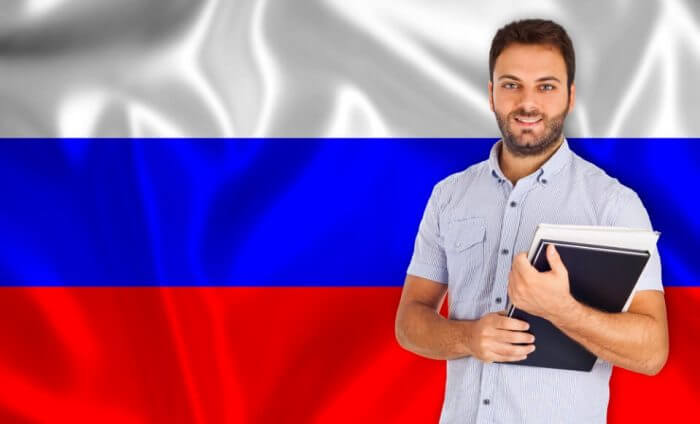

RUSSIAN LINGUIST HOW TO
She qualified for the Russian cryptologic linguist school where she would learn how to decipher foreign communications and provide intelligence to commanders. “I grew up watching World War II cryptographer type shows and thought the work would be fascinating,” Douglas said. Susan Douglas’ story began 45 years ago when her Air force recruiter invited her to take a cryptologic linguist test after she excelled at her military entrance exams. According to Aczel, Trubetzkoy's focus in Principles of Phonology was the study of phonemes and their opposing aspects to describe rules of language, the goal of describing general underlying rules being the common goal of structuralism.Retired Chief Master Sgt. In his biography of the mathematical collective Nicolas Bourbaki, Amir Aczel described Trubetzkoy as a pioneer in structuralism, an interdisciplinary outgrowth of structural linguistics that would be applied in mathematics by the Bourbaki group, as in the notion of a mathematical structure, and in anthropology by Claude Lévi-Strauss, who sought to describe rules governing human behavior. It is sometimes hard to distinguish Trubetzkoy's views from those of his friend Roman Jakobson, who should be credited with spreading the Prague School views on phonology after Trubetzkoy's death. In Writings on Literature, a brief collection of translated articles, he analyzed Russian literature beginning with the Old Russian epic The Tale of Igor's Campaign and proceeding to 19th-century Russian poetry and Dostoevsky. Trubetzkoy also wrote as a literary critic. It was crucial in establishing phonology as a discipline separate from phonetics. His magnum opus, Grundzüge der Phonologie (Principles of Phonology) was issued posthumously in which he defined the phoneme as the smallest distinctive unit within the structure of a given language. Trubetzkoy's chief contributions to linguistics lie in the domain of phonology, particularly in the analyses of the phonological systems of individual languages and in the search for general and universal phonological laws. He died from a heart attack attributed to Nazi persecution after he had published an article that was highly critical of Hitler's theories. After the emergence of "left Eurasianism" in Paris, where some of the movement's leaders became pro-Soviet, Trubetzkoy who was a staunch anti-communist heavily criticised them and eventually broke with the Eurasianist movement. Trubetzkoy was involved with the Eurasianist movement and became one of their leading theorists and political leaders. Īfter he graduated from the Moscow University (1913), Trubetzkoy delivered lectures there until the Russian Revolution, when he moved first to the University of Rostov-on-Don, then to the University of Sofia (1920–1922) and finally took the chair of Professor of Slavic Philology at the University of Vienna (1922-1938). While spending some time at the University of Leipzig, Trubetzkoy was taught by August Leskien, a pioneer of research into sound laws. In 1908, he enrolled at the Moscow University. His father, Sergei Nikolaevich Trubetskoy, came from a Lithuanian Gediminid princely family. He was also associated with the Russian Eurasianists.

He is widely considered to be the founder of morphophonology.

Prince Nikolai Sergeyevich Trubetzkoy (Russian: Никола́й Серге́евич Трубецко́й, IPA: 16 April 1890 – 25 June 1938) was a Russian linguist and historian whose teachings formed a nucleus of the Prague School of structural linguistics.


 0 kommentar(er)
0 kommentar(er)
